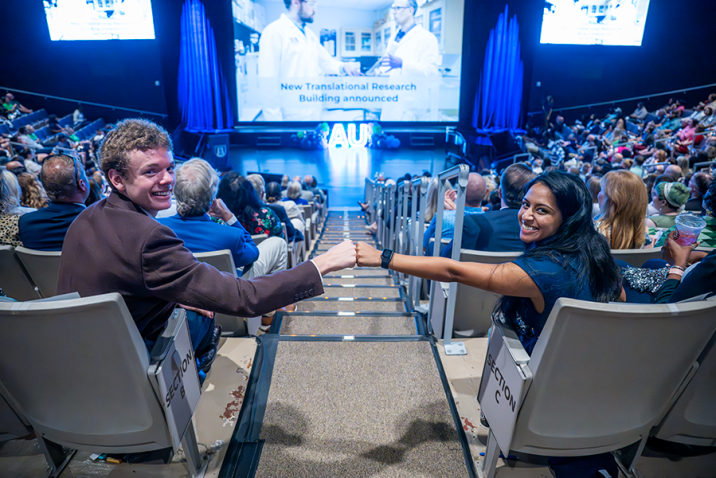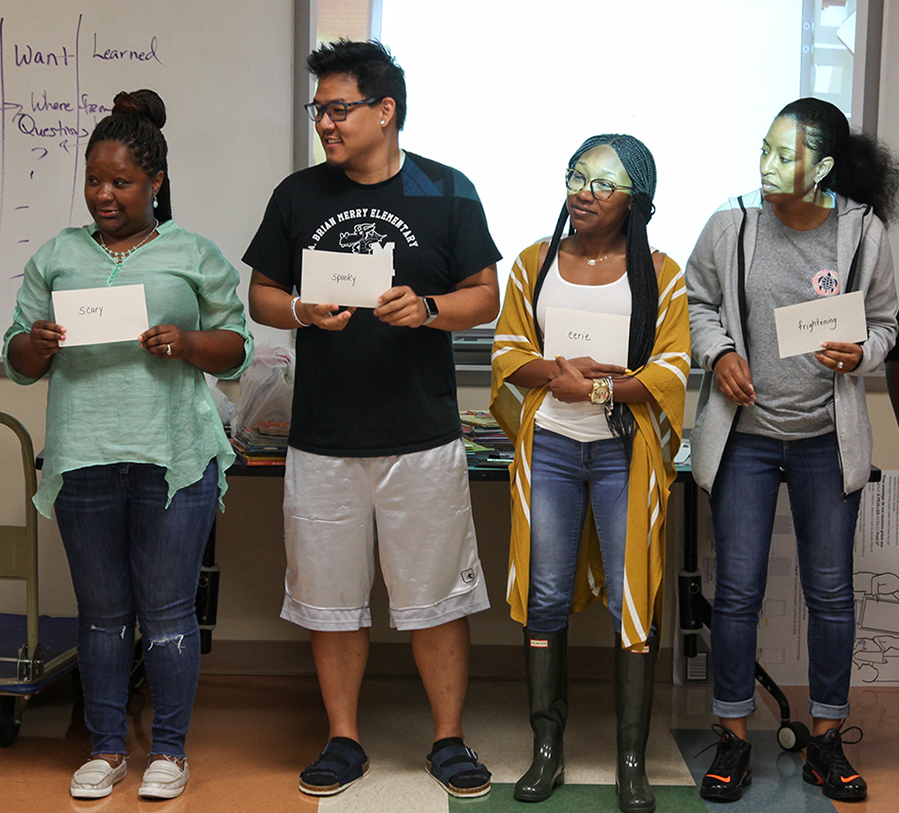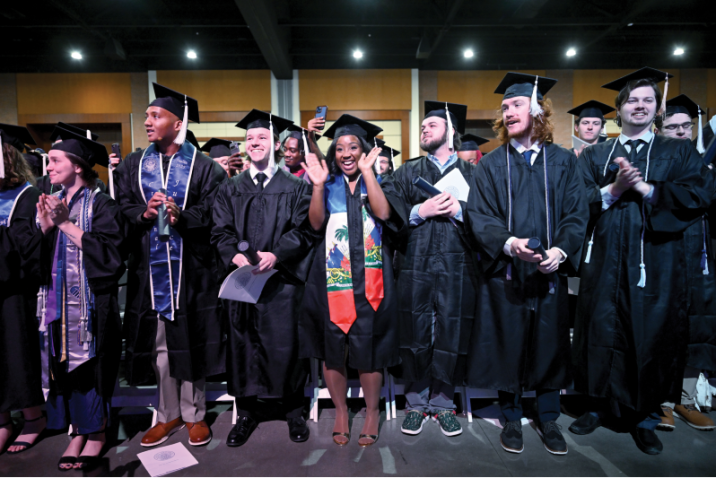Special Education
Do you want to make a positive impact on the lives of students with special needs?
With a degree in Special Education from Augusta University, you can. Not only will you have a strong foundation in basic and special education methods, but you’ll also have the real-world experience to make a difference as soon as you enter a classroom of your own. The Special Education program through the College of Education and Human Development’s Department of Teaching and Leading prepares students for a fulfilling career in education.
Special Education is for you if you consider yourself
Life-Changing
Life-Saving
Education
Want to learn more about the Special Education program at Augusta University?
Request InfoWhat You'll Study
Coursework
In the Special Education program, you’ll take courses in general classroom management while also learning the techniques and methods for educating students with communication disorders and disabilities. You’ll also have opportunities for classroom observation before your full semester of student teaching.
Experience-based Education
Outside the Classroom
The Inspiring Men of Color initiative responds to the lack of racially diverse educators — particularly male educators — by providing inspiration and motivation to attract minority males into the field of education.
Partnerships with local schools allow partner school faculty to co-teach classes that provide the latest information regarding changes in standards as well as county and state initiatives, keeping you up to date and well informed.
The Induction Collaborative helps local school districts support our graduates during their first years as teachers, ensuring new teachers receive the advice and assistance they need to feel comfortable in the classroom.
Research & Innovation
Whether you’re an undergraduate or graduate student, you’ll have opportunities to create your own research projects or work with faculty to tackle some of the world’s most complex and pressing challenges.
Professional Learning
Educators never stop learning, and our wide variety of professional learning opportunities — from workshops to conferences to certifications and courses — ensures our students, faculty, staff and alumni are always exposed to the latest techniques and information.
Military Friendly
Through counseling and referral services, the Troops to Teachers program assists transitioning service members and veterans with pursuing a career in education.
Clubs & Organizations
Student organizations are an important part of learning and support, and we’ve got a lot of them, from honor societies to kinesiology clubs to a student ambassador program, where select students represent the college to incoming freshmen.
Your Future
Career Options
With a Special Education degree, you leave college with the knowledge and experience to teach students with special needs in grades prekindergarten through 12.
According to the U.S. Bureau of Labor Statistics, the median income for Special Education teachers is $61,820 per year.
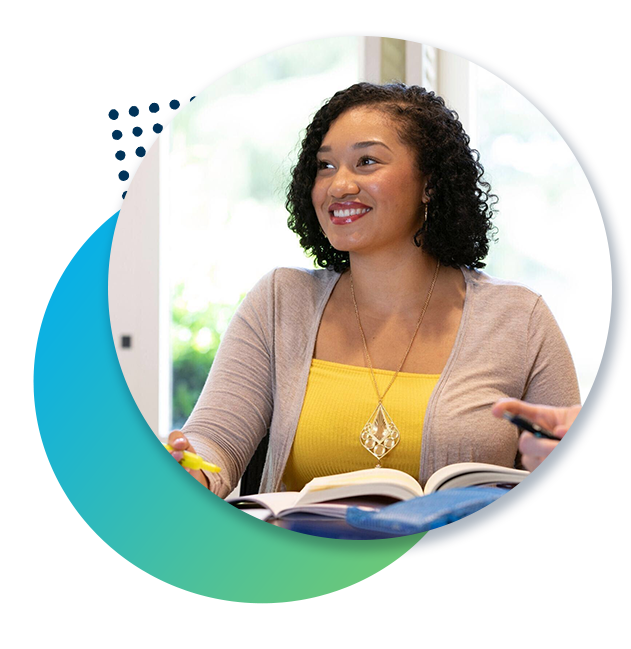
Why Augusta?
Continuing support after graduation makes those first few years in the classroom less stressful and more successful.
Partnerships with local schools mean your hands-on classroom experience is mentored by master teachers invested in your success.
Opportunities for engagement with like-minded students and experts in the field maximize your preparation and increase your level of success.
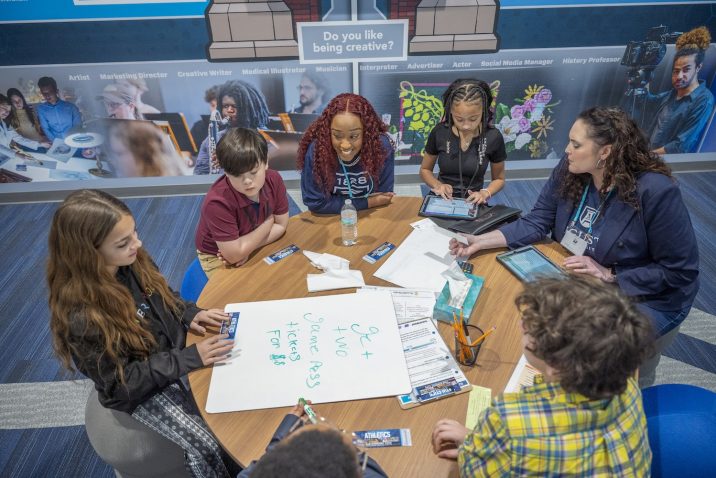
AU earns Carnegie Elective Classification for Community Engagement
AU earns Carnegie Elective Classification for Community Engagement